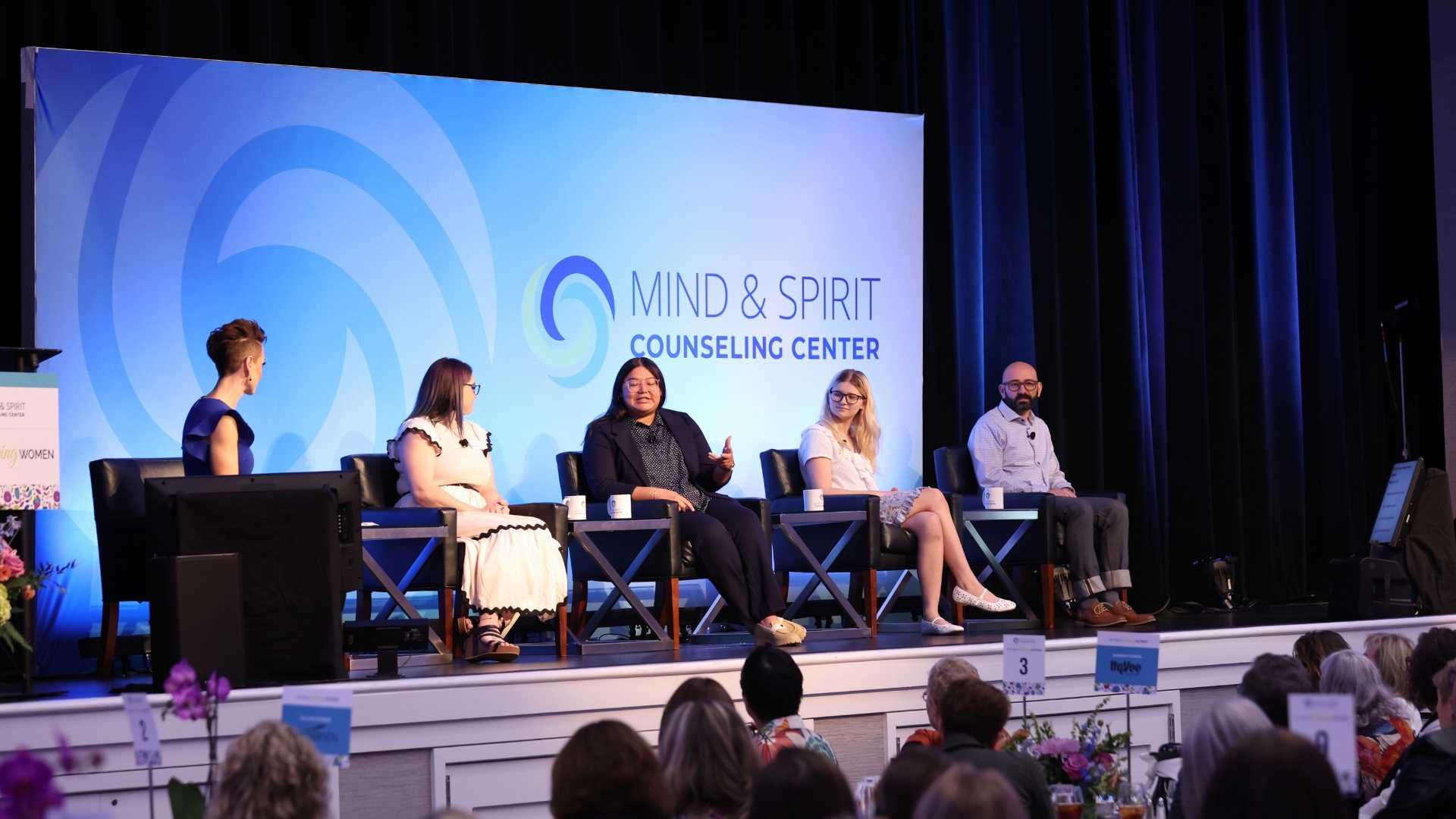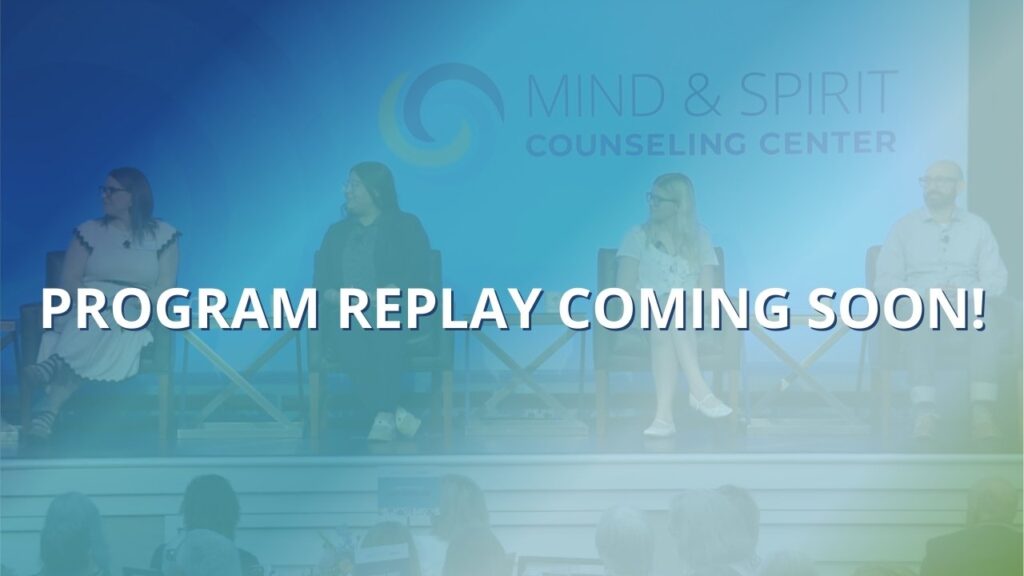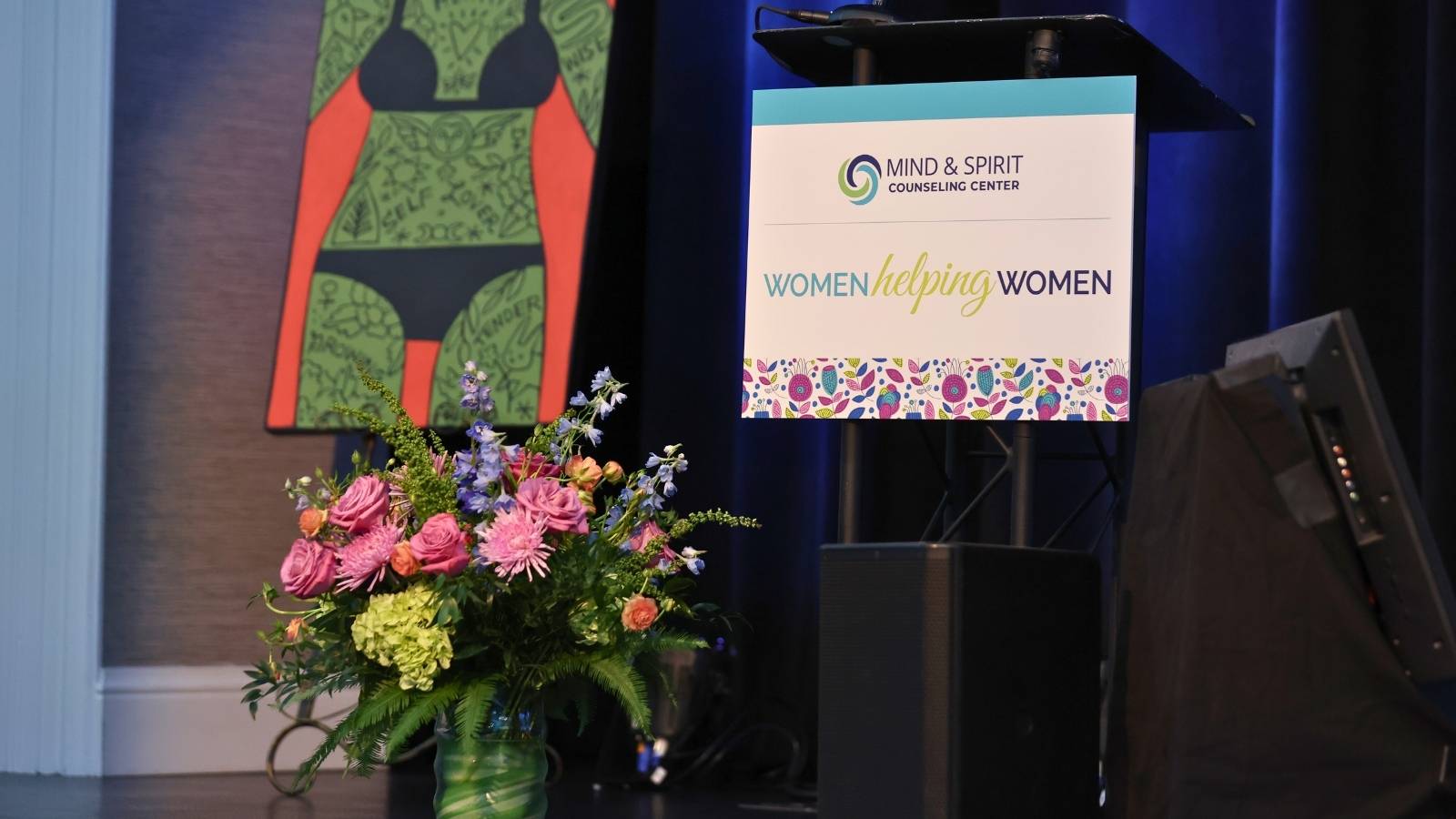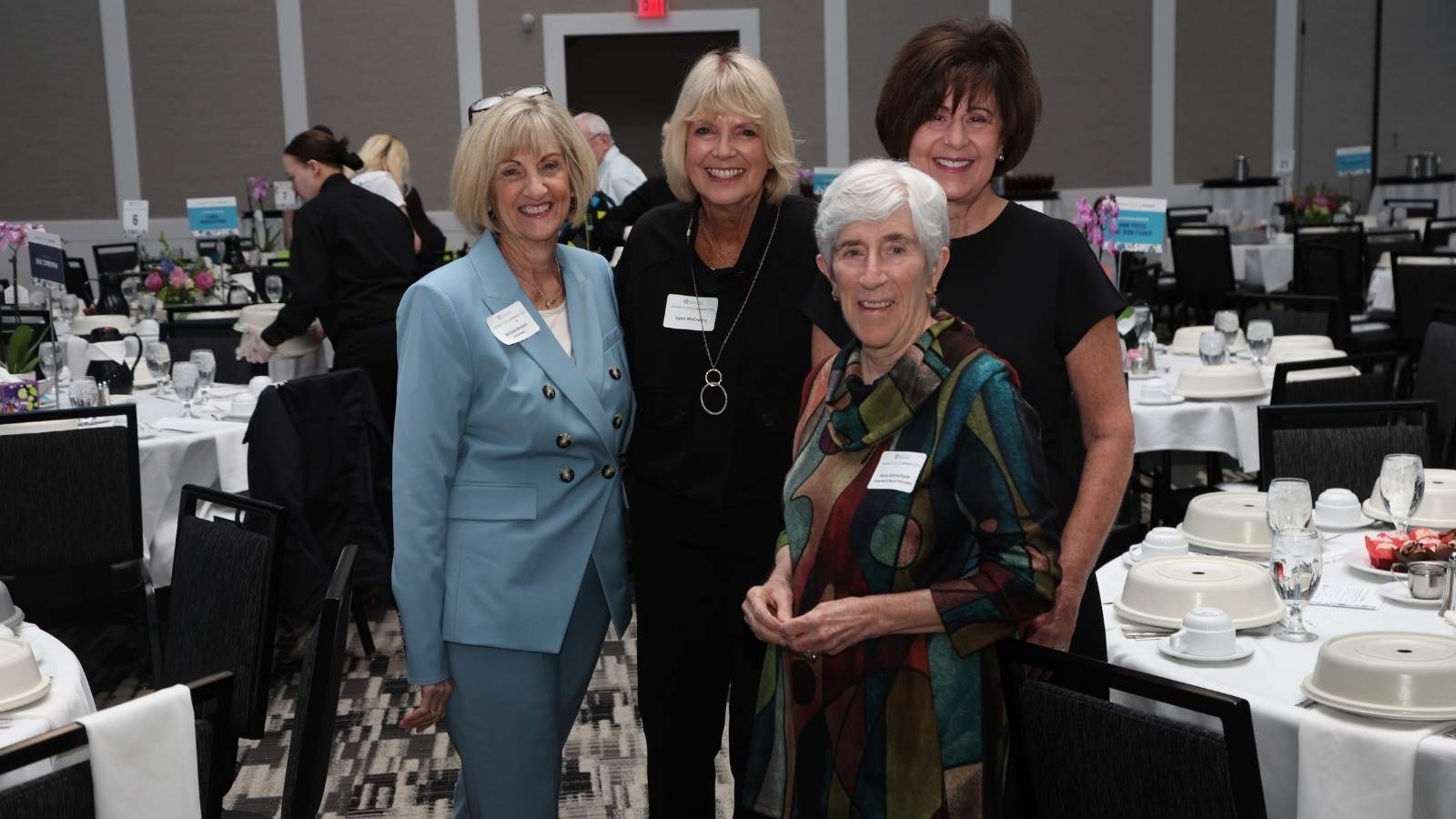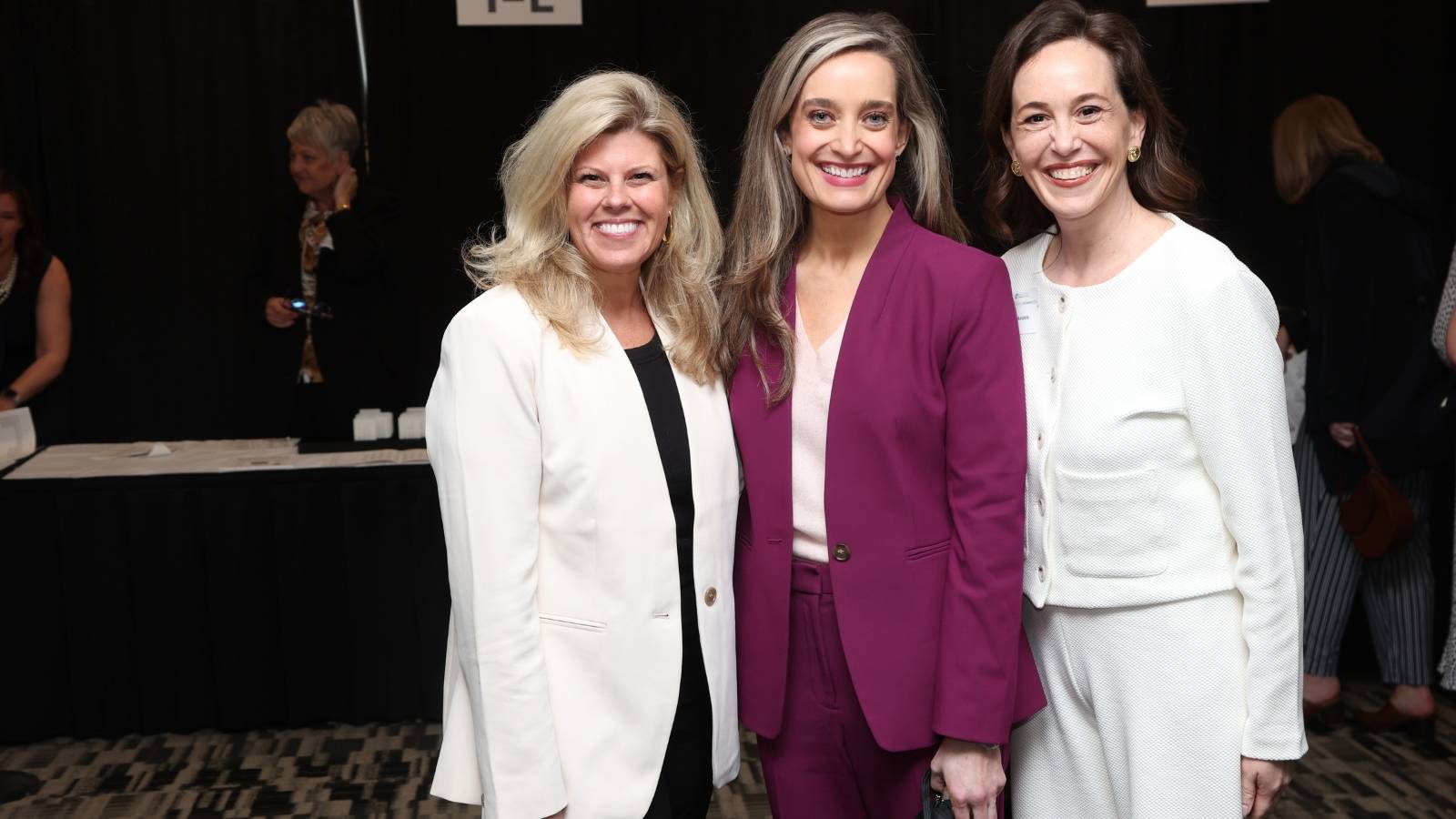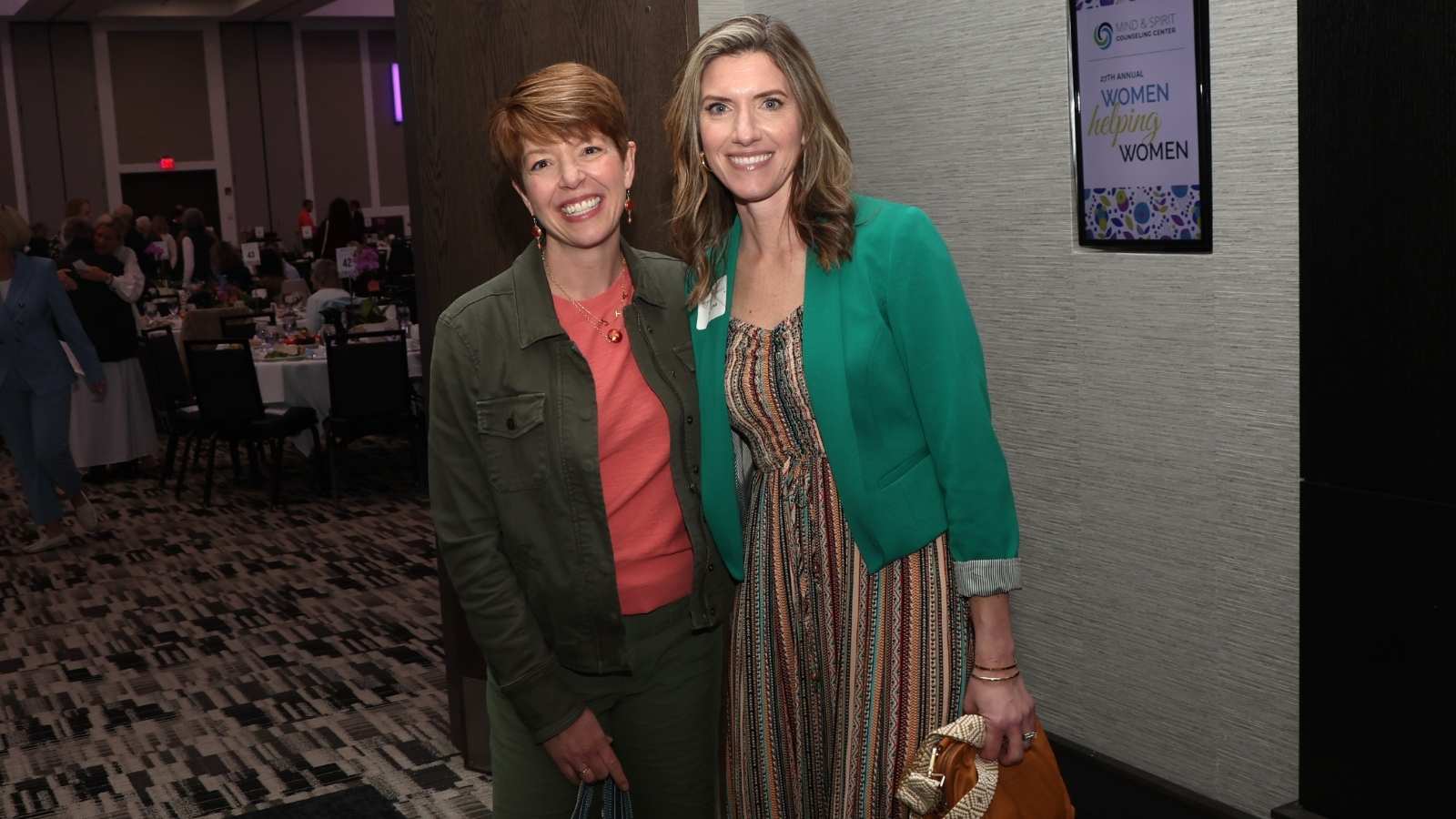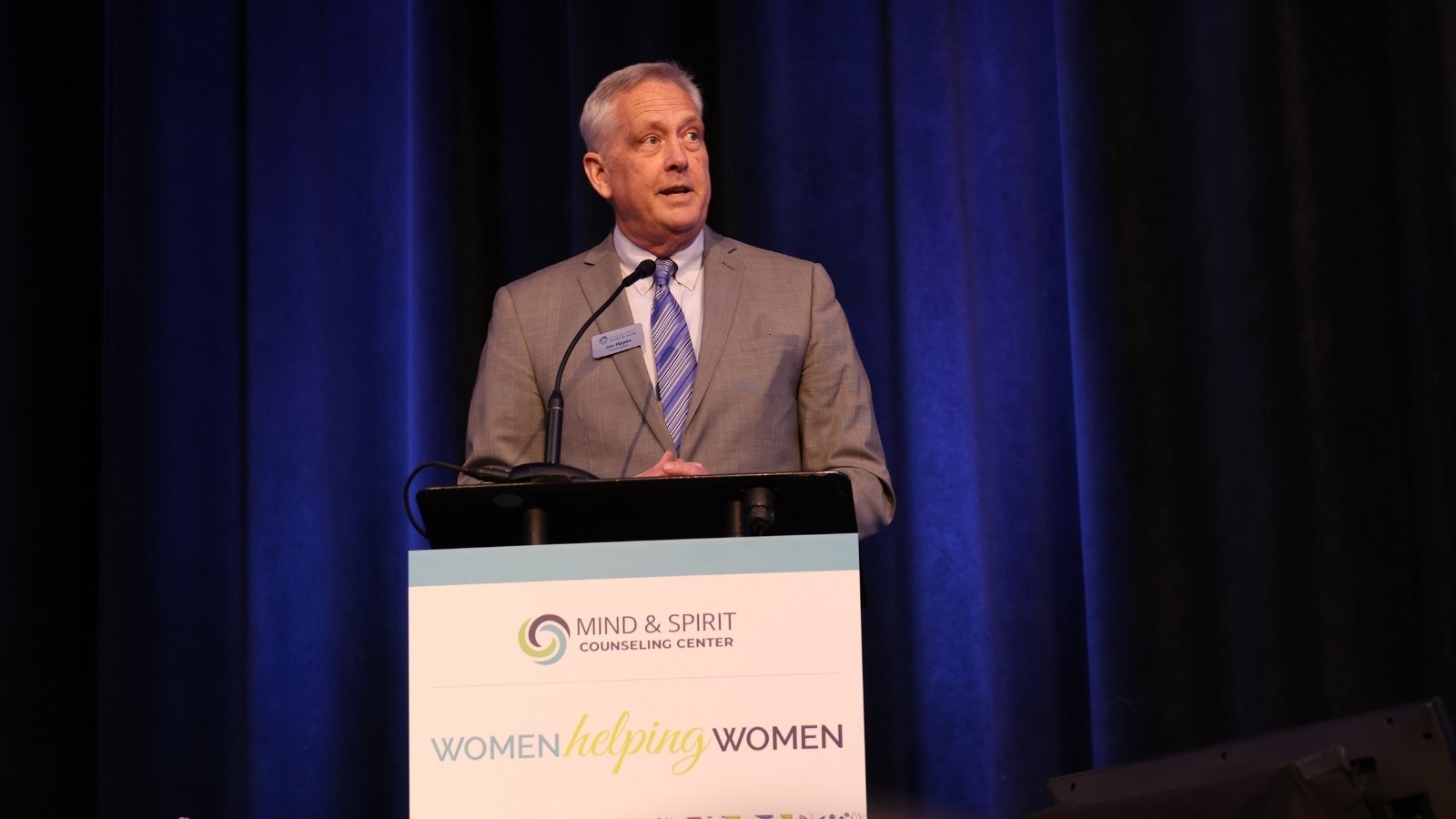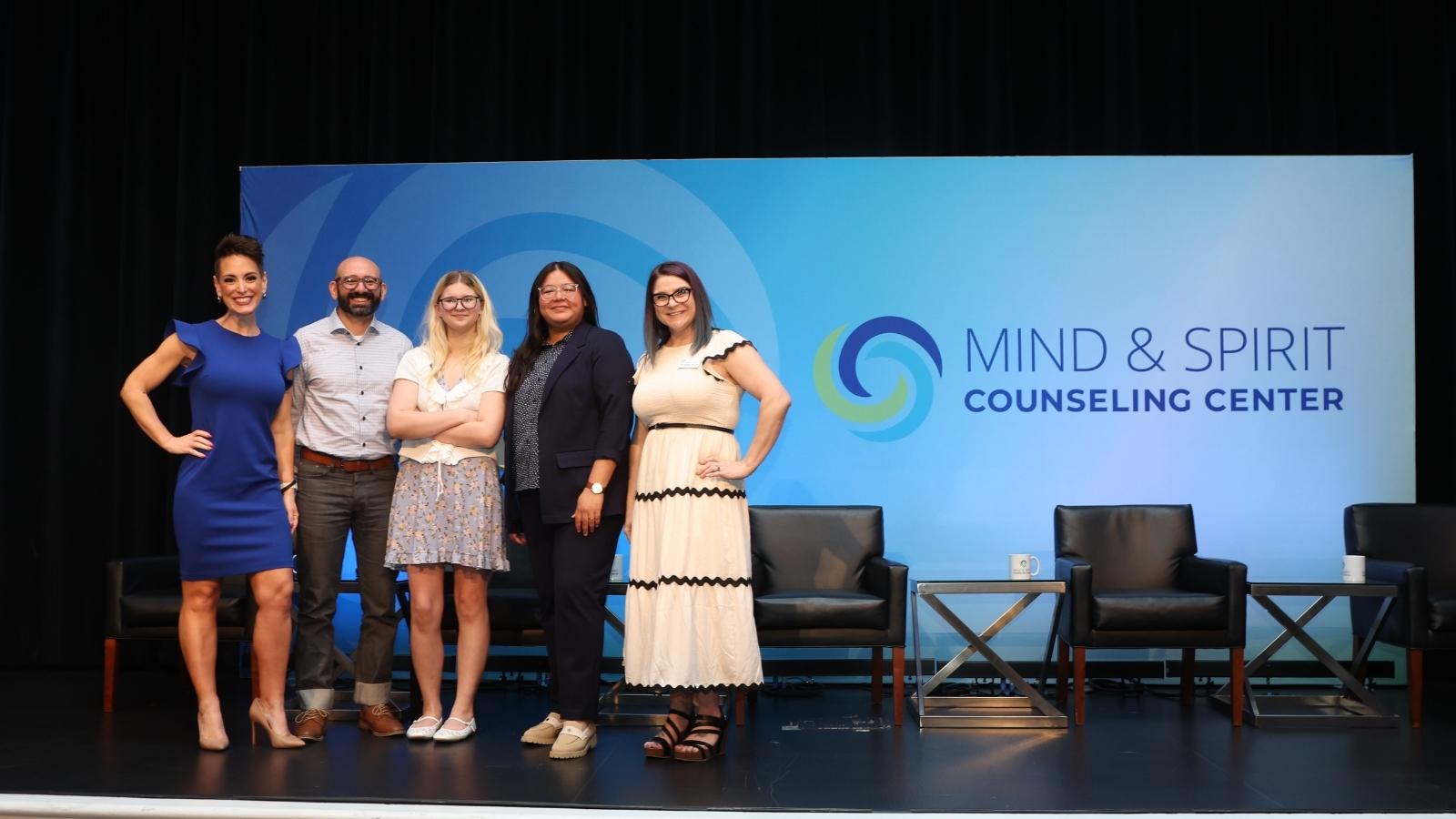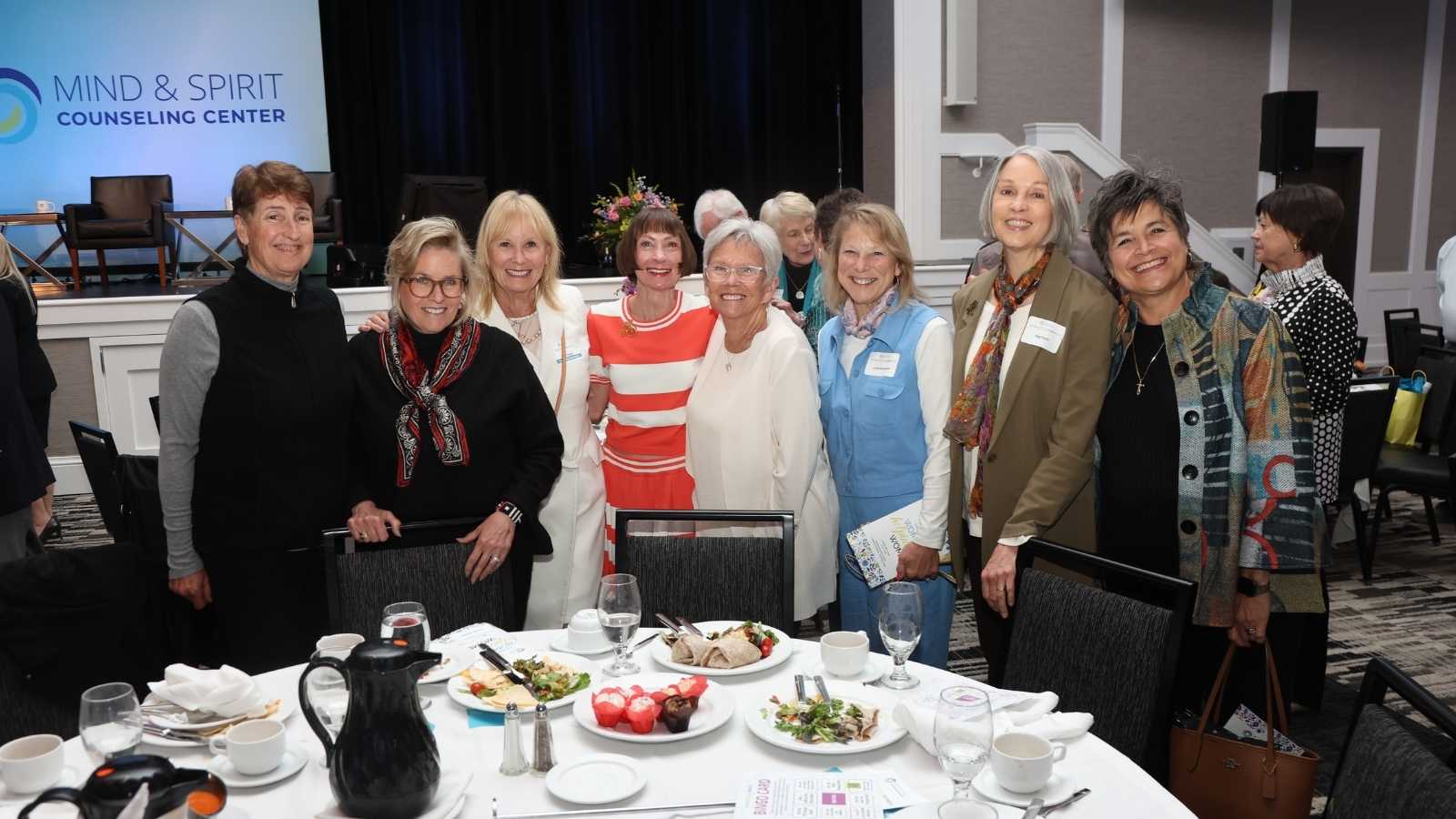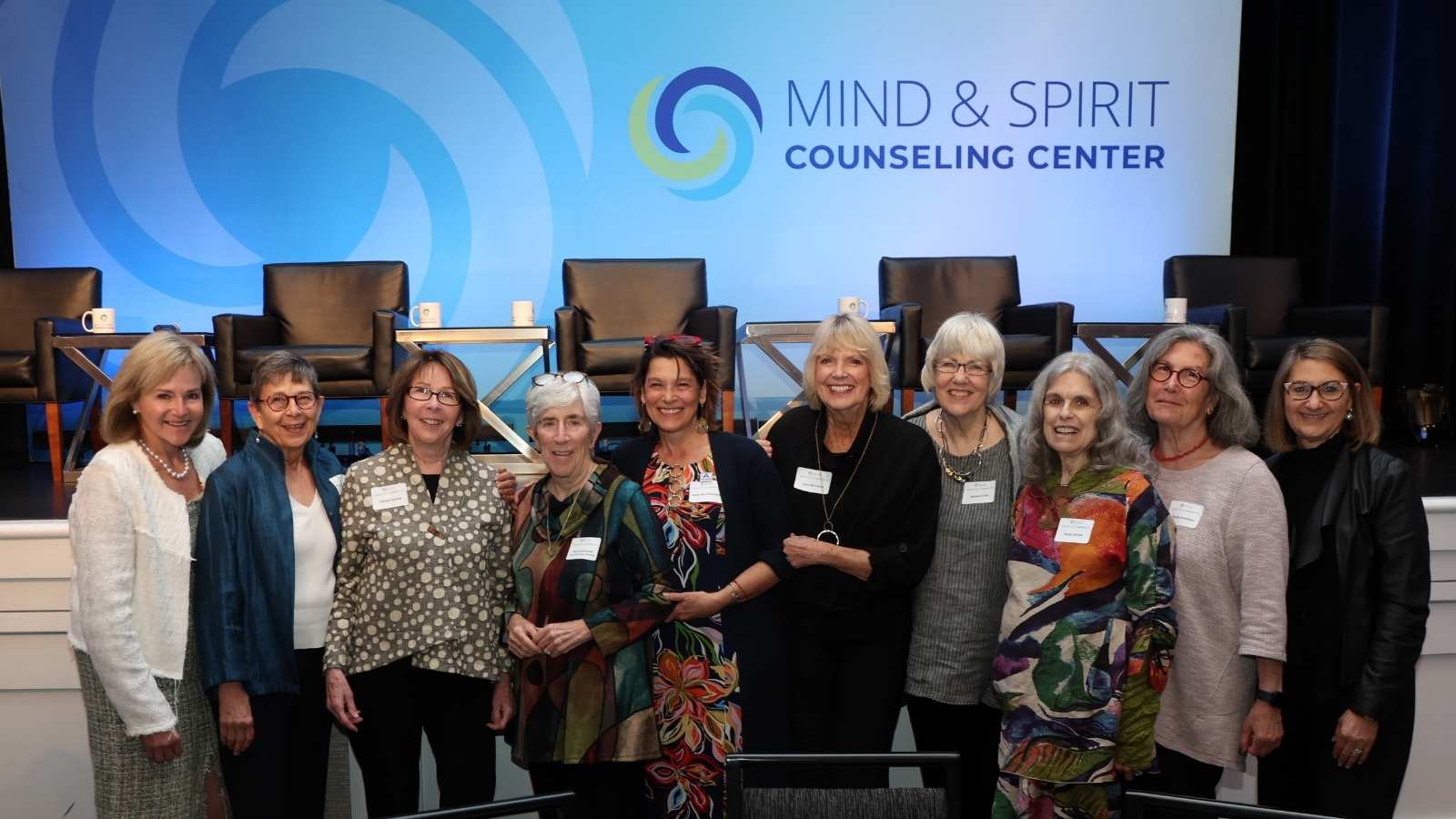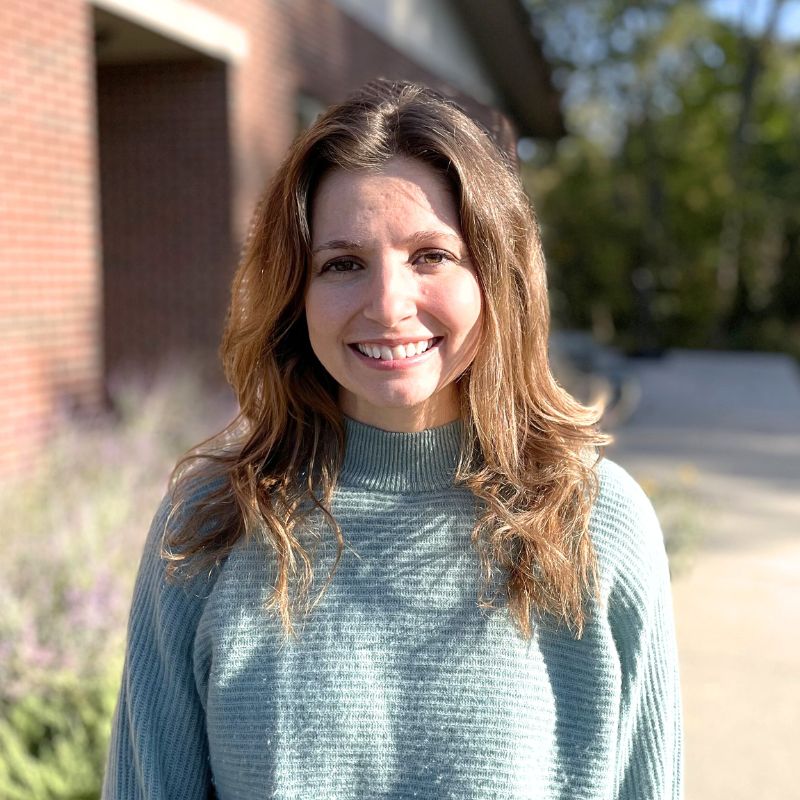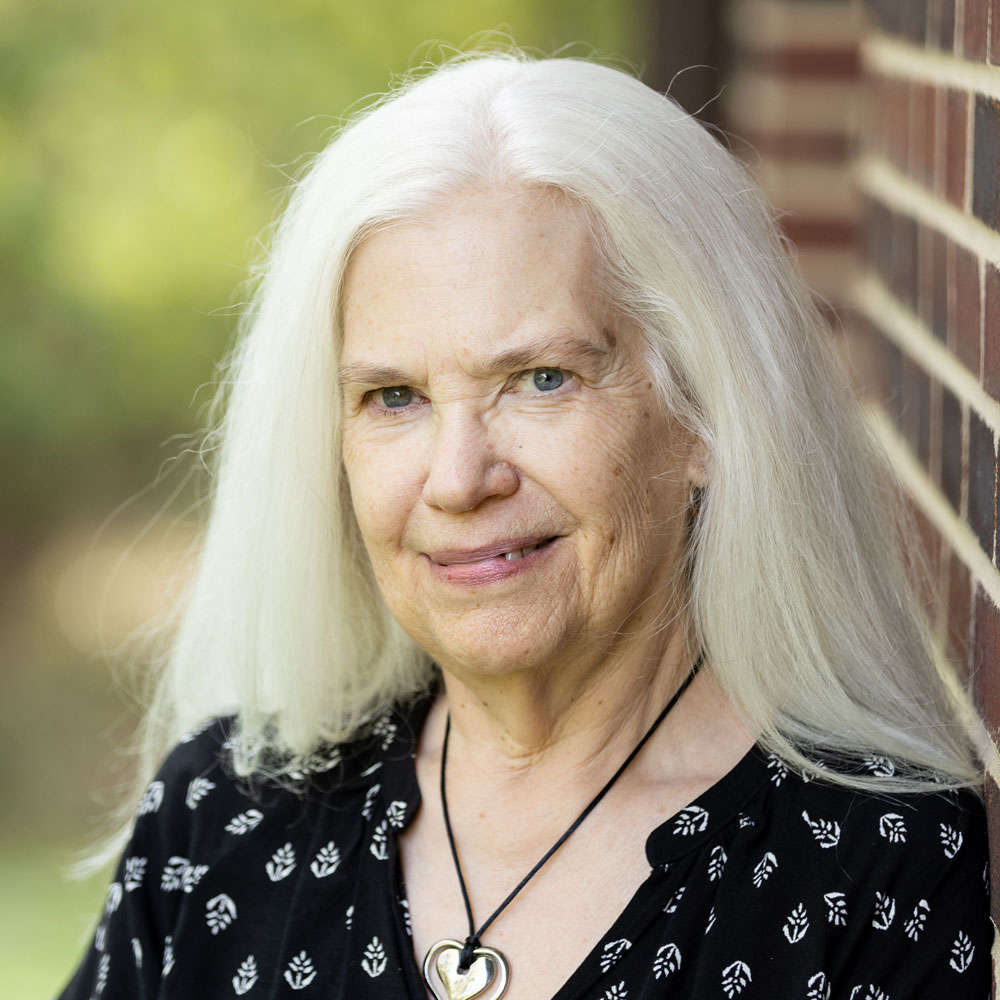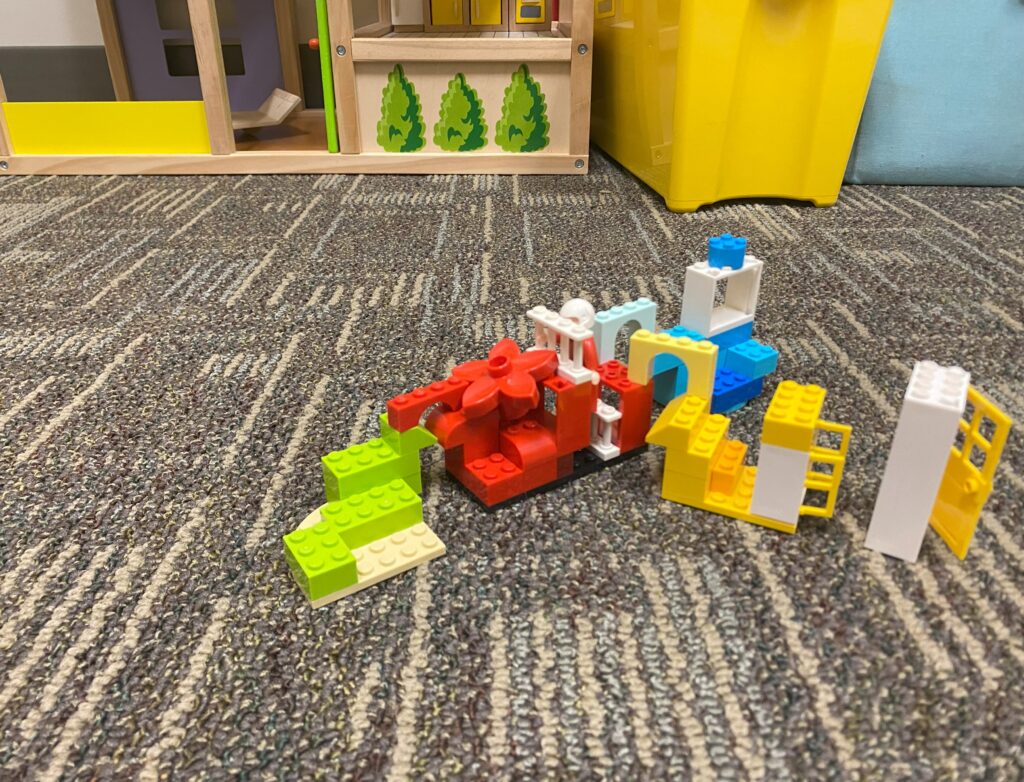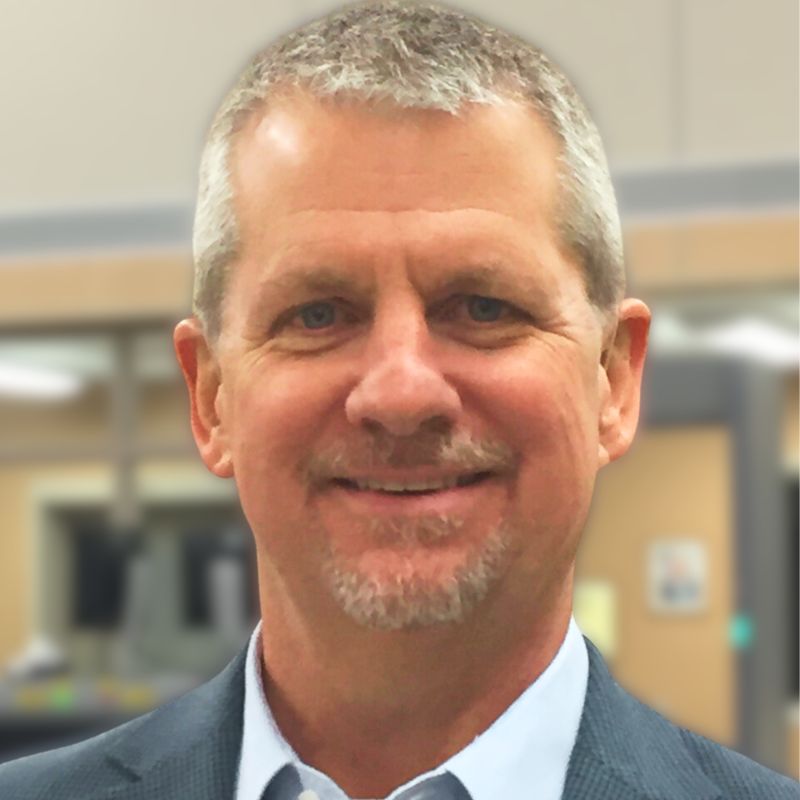Written by Paul Witmer, Co-Director of PrairieFire
“Sometimes the best map will not guide you
You can’t see what’s ’round the bend
Sometimes the road leads through dark places
Sometimes the darkness is your friend”
Bruce Cockburn, Pacing the Cage
As we make our way through these darkened days of the Winter Solstice, I find myself contemplating anew the Dark Night of the Soul. In addition to being a spiritual classic in the Christian contemplative tradition, written by St. John of the Cross, it can also describe a part of the spiritual journey for modern mystics. So, I thought I’d share some thoughts about the Dark Night, and how Spiritual Direction can be a great tool for navigating what many have experienced as desolation, desperation and the perceived abandonment of God.
First, some clarifying remarks about the Dark Night of the Soul, and what we understand in modern psychology as Clinical Depression. They are not the same. We sometimes throw around the phrase “Dark Night of the Soul” to describe a period of depression or long bouts of melancholy. It can be both, but it’s important to recognize that the spiritual journey that includes a sojourn through the Dark Night is not the same experience as clinical depression. A Spiritual Director with good training and awareness can help distinguish the difference, and hopefully refer you for mental health counseling, treatment and the proper care of a physician if indeed it is clinical depression you are experiencing. AND, that same Spiritual Director, with awareness and compassion, may sense that the Dark Night you are navigating is more of a spiritual experience to be explored, rather than a mental health condition to be medicated or otherwise treated.
It’s also important to recognize that therapeutic counseling and treatment can work in tandem with Spiritual Direction. These are good conversations for you to be having with all the providers involved in your care.
So, what is the Dark Night of the Soul in the spiritual tradition? Great mystics in the Christian Contemplative tradition have explored darkness in the spiritual journey. In particular, the Spanish Mystics, St. John of the Cross and St. Teresa of Avilla (15th century contemporaries and Spiritual Directors) are known for their work with what they called la noche oscura. Gerald May, M.D. has a great work, The Dark Night of the Soul: A Psychiatrist Explores the Connection Between Darkness and Spiritual Growth. (2004, HarperCollins). Here’s May on that very connection:
When we speak of darkness today, we are often referring to something sinister, as in “powers of darkness” or the “Dark side.” As I’ve said before, this is not what Teresa and John mean when they used the Spanish word for dark, oscura. For them, it simply means “obscure.” In the same way that things are difficult to see at night, the deepest relationship between God and person Is hidden from our conscious awareness.
In speaking of la noche oscura, the dark night of the soul, John is addressing something mysterious and unknown, but by no means sinister or evil. It is instead profoundly sacred and precious beyond all imagining. John says the dark night of the soul is “happy,” “glad,” “guiding,” and full of “absolute grace.” It is the secret way in which God not only liberates us from our attachments and idolatries, but also brings us to the realization of our true nature. The night is the means by which we find our heart’s desire, our freedom for love. (May, p. 67)
The work of Spiritual Direction is an invitation to go deeper, and with the Dark Night, the invitation is to go deeper into darkness—not sinister or evil, but obscure, unknown, unseen—and I might add unfelt. I doubt Bruce Cockburn is singing about the spiritual experience of the dark night, but his words sure ring true for me: “Sometimes the best map will not guide you/ You can’t see what’s ’round the bend.” Where the best maps might fail you, a companion who’s been on the path before can be a life-saving presence and guide. And, to take this particular metaphor one step further, we might say that a Spiritual Director can share the tools of your tradition that can serve as a compass. So, map or no map, you might never lose contact with True North. (Though sometimes, even the sense of True North can be fleeting in the darkness.)
This path of obscurity can be a place of great learning and insight. It’s also no damn fun at all. Just in case I’ve romanticized the idea too much, this is important to name. It can be a place of desolation, desperation and abandonment. But it is often at the end of our rope that we find the capacity for deep trust and a willingness to let go into the goodness of God. It may be that the rope we’ve been clinging on to so desperately is nothing more than half truths and idols—things that are not God. Thus, May describes this process as one of moving into freedom.
My own journey has included serious struggles with clinical depression that were appropriately treated with counseling and medication, for which I’m grateful. And, there were literal long nights of insomnia and fitful solitude that were calling me into a place of deep spiritual exploration, so Spiritual Direction was a lifeline that helped me navigate the unknown path ahead for me. I remember leaning heavily into the companionship of the Psalmists who I felt had walked this desolate road before me. “Tears have been my bread all night long,” (Ps. 42) and “In the night, my heart also instructs me.” (Ps. 16)
Somewhere along the way of obscurity was the painful but necessary realization that my ideas about God, and even my deeply felt experiences of God were not God. This is a hard place to be and not a good place to be alone. So, the gift of Spiritual Direction and a companion by my side was the supportive presence that made possible my growth into freedom. Sometimes the road leads through dark places/Sometimes the darkness is your friend” And sometimes, a friend of a friend can hold your hand along the way.
Paul Witmer, Co-Director of PrairieFire, is ordained in the United Church of Christ. Paul has served as a pastor for more than 30 years in rural and suburban settings, including a new church start in the 90s here in Iowa. He has extensive experience teaching contemplative practices, leading retreats, and working with folks in twelve-step recovery.
A trained Spiritual Director, Paul also works with many in developing deep listening skills and growing on the spiritual journey, which has included many years of teaching and leading with the PrairieFire program. As an artist and musician, Paul is especially drawn to the arts as creative expression and experience of the Divine.
Paul currently serves as the lead pastor for Women at the Well, a prison congregation of the United Methodist Church at the Iowa women’s prison in Mitchellville, Iowa. Paul is a graduate of Southwestern University (Georgetown, TX) and Eden Seminary (St. Louis, MO). He resides with his wife in Urbandale, and between them they have five grown children and four grandchildren.

